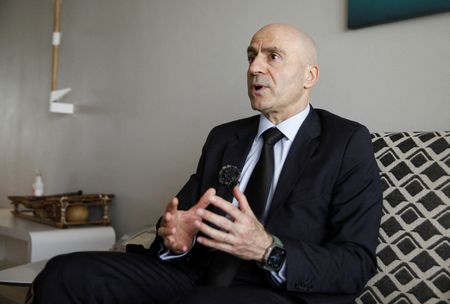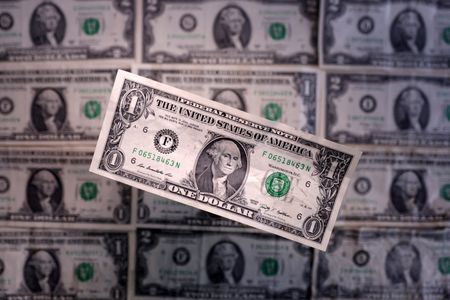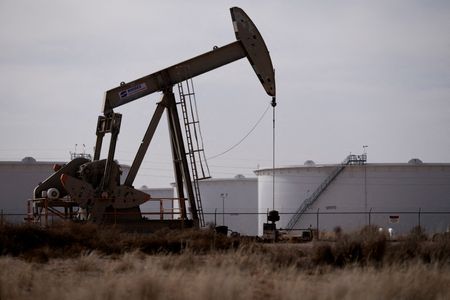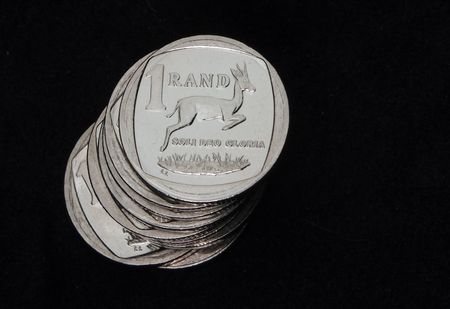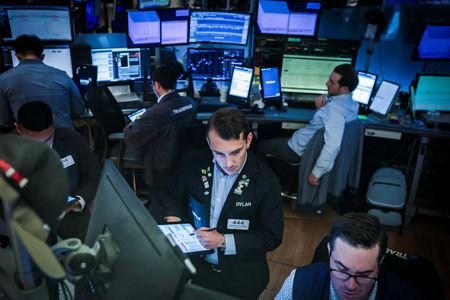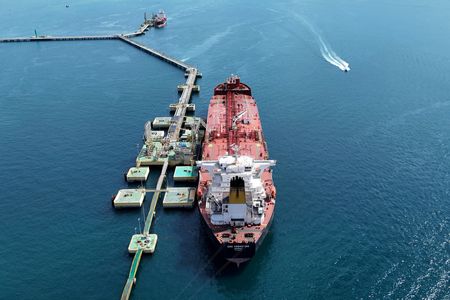By Portia Crowe and Libby George
DAKAR (Reuters) -The International Monetary Fund needs a few more weeks of talks with Senegal before the lender can consider a waiver that would allow it to disburse more funds to the nation, it said after a week-long visit to the country.
The IMF suspended Senegal’s $1.9 billion lending programme in October 2024 after its government, then newly elected, said it had uncovered undisclosed debt that it now estimates at more than $11 billion.
To get a new IMF programme, the nation needs the IMF board to sign off on the debt misreporting waiver. Without that, it could be forced to repay money from the previous programme.
The Fund’s mission chief, Edward Gemayel, said in a statement that discussions with the Senegalese government had been productive, but that talks over “corrective measures” would continue for the next few weeks before it could present the misreporting case to the IMF executive board.
Gemayel said the IMF stood ready to assist Senegal with an “ambitious reform agenda”.
The IMF’s statement said authorities had expressed their intention to seek a new IMF programme.
Senegal’s government did not immediately comment on the IMF statement, but it has been hoping for the waiver for months.
Government debt prices were fractionally lower on Wednesday, with the 2028-maturing eurobond bid at just under 88 cents on the euro, up from around 77 cents as recently as July.
REASSURING
Charlie Robertson, head of macro strategy at emerging market focused investment firm FIM Partners, said the statement should reassure markets that Senegal is likely to receive new IMF support by 2026.
Leo Morawiecki of asset manager Aberdeen also said the government’s intention to request a new IMF programme was positive, as was the fact that no more hidden debt was uncovered.
The hidden debts, announced after President Bassirou Diomaye Faye’s election last year, have grown in scale, pushing Dakar’s end-2024 debt-to-GDP ratio to almost 120%.
They were also an embarrassment for the IMF, which had been monitoring the country’s finances as part of an active lending programme.
In addition to its planned corrective measures, Senegal intends to rebase its economy for the first time since 2018, which some analysts predict could lower the debt-to-GDP ratio back into double digits.
Prime Minister Ousmane Sonko earlier this month announced an economic recovery plan, pledging to finance 90% of the initiative through domestic resources and to avoid additional debt.
(Reporting by Portia Crowe in Dakar, Duncan Miriri in Nairobi, Bipasha Dey in Bengaluru and Marc Jones and Libby George in London; Editing by Chris Reese, Nia Williams and Barbara Lewis)

